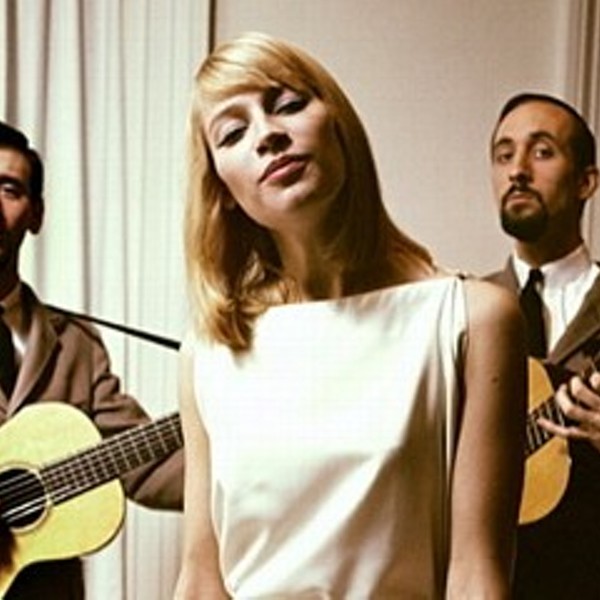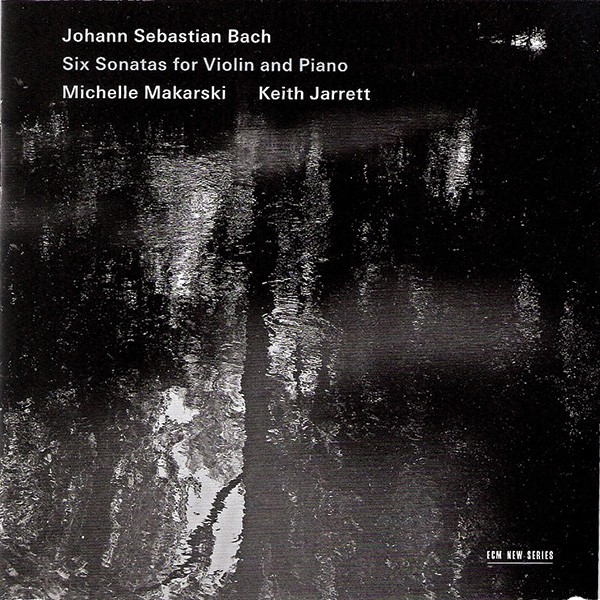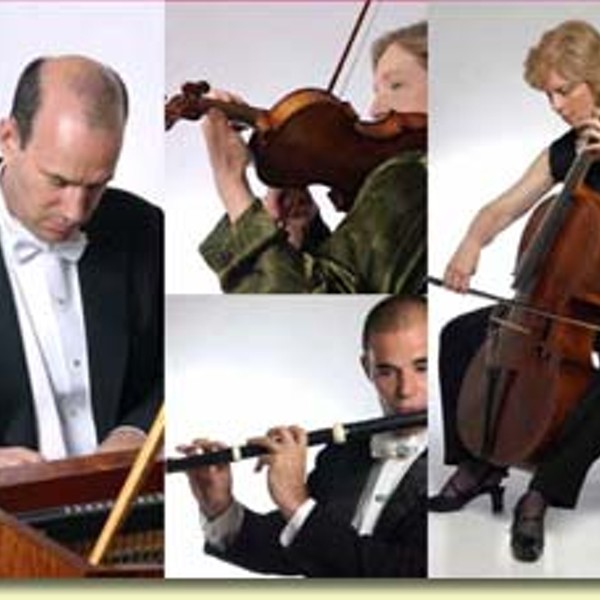| Peter Schickele at the keyboard composing music in his Bearsville home. |
There is Peter Schickele, the composer of symphonic, chamber, and choral music, with commissions from the National Symphony, the St. Louis Symphony, and the Chamber Music Society of Lincoln Center, among others. Then there is the author of music for film, theater, and TV, known among sci-fi buffs for his score for the film Silent Running, among ex-hippies for his songs for "Oh! Calcutta!," and among children of all ages for his soundtrack for the film version of Maurice Sendak's Where the Wild Things Are. Occasionally, he shows up in the guise of cabaret singer ("in the pop-folk tradition of Randy Newman and Paul Simon," he says) or as collaborator in a program of semi-autobiographical art songs with his wife, the poet Susan Sindall.
But the rarely mild-mannered Schickele is probably best known as the creator of PDQ Bach, the hapless and wholly fictitious child of Johann Sebastian Bach. The works of this deservedly unheralded Bach include "The Short-Tempered Clavier," "Concerto for Horn & Hardart," and "Hansel and Gretel and Ted and Alice," and feature such non-traditional instruments as the windbreaker, comprised of mailing tubes, and a bicycle with a siren and baseball cards mounted on the wheels. It is the alter ego of the "manic plagiarist" PDQ Bach that provides Schickele with his bounciest performance springboard from which to show off his erudition while simultaneously exposing the clichés and pomposities of the classical canon. Familiarity with Bach might enhance one's appreciation of the parody, but it is hardly necessary. The works of PDQ Bach owe a greater debt to (Spike) Jones than to Johann (Sebastian).
Most accessible of these personae is Professor Schickele, the scholarly and utterly shameless host of a weekly syndicated radio program, "Schickele Mix" (heard locally at 11am on Saturdays on WAMC-FM). On the air, Schickele explores the intricacies of the fugue one moment and plays "The Fugs" the next. He punctuates discussions of harpsichords with histrionics worthy of Harpo Marx. His digressions are often just as entertaining as the intended theme, but an "irrelevancy alarm" sounds if he strays too far.
For all these accomplishments, Schickele remains on the fringe of popular consciousness. He is the doyen of cult that, while not exactly secret, remains all but invisible to the mainstream. The members of this club have heard many of the corny jokes a thousand times ("PDQ Bach's uncle wasn't a musician...he was a conductor." Ka-bing!), but tend to enjoy them anyway. Like all exclusive clubs, becoming a Schickele fan is only partly about the content; much of the pleasure comes from knowing all the secret signifiers and code words. Arriving at his Web site (www.schickele.com) is a bit like entering a private party where the guests are so sophisticated that everyone is free to behave in the most sophomoric manner.
| Schickele uses bells & kazoos |
After making his entrance in a hospital gown, ostensibly direct from a local clinic, he proceeded to channel the graceful lyricism of Franz Schubert through the warped sensibility of PDQ Bach. Schickele's satire only succeeds because his pratfalls are based on proficiency, and we are grateful to be let in on the rarified joke. The suspecting audience was treated to Schubert's beloved "Gretchen am Spinnrade," mutated into "Gretchen am Spincycle," an ode to laundry. Another lovely song about a shepherd on a hill became "Shepherd on the Rocks with a Twist," and was performed on the tromboon, a horn that "combines all the disadvantages of the trombone and the bassoon."
Although Schickele maintains a busy touring and composing schedule, one wonders whether he is stuck in a holding pattern. He recently turned 69 years old. He hasn't recorded a new episode of "Schickele Mix" in four years, due to lack of underwriting, and the number of radio stations carrying the program (there are 167 shows in the can) is on the wane. As more stations drop the classical music format, "Schickele Mix" often gets axed in the process. But, conversely, Schickele says that he often gets told that he's too eclectic for the tea-and-symphony set. "I've had classical station managers tell me they can't run my show because they're afraid someone will tune in expecting classical music and get jazz or rock." This is a shame. "Schickele Mix" is the perfect antidote to the segmentation and narrowcasting that is reducing radio to a marketing tool, but in the age of dumb and dumber, the demographics of a show that plays Haydn alongside Haggard, and Stravinsky next to Strayhorn, are not considered "viable."
Although he was full of vim and vigor at Mohonk, the fact is that Schickele is an endangered species. With the passing of Victor Borge and the retirement of Anna Russell, he is practically the lone occupant of a niche within a niche, the comedic subset of classical music. An impressive 39-year run of year-end PDQ Bach concerts in New York City will come to a close this year for lack of funding. But Schickele soldiers and clowns on, inconvenienced by periodic interruptions in cash flow but undeterred in his pursuit of high-brow hijinks. The prankster who once did a radio ad for a festival in California dedicated to the music of AntonWebern in the voice of Gabby Hayes is too incorrigible to be discouraged.
Rarely overt in his politics, Schickele does slip some pointed editorial barbs into his performances. At Mohonk, the finale consisted of an a cappella performance of a "found" PDQ Bach composition (found on the floor under a table, to be precise) called "Long Live the King," which this audience member, at least, took for a call for regime change. More recently, Schickele performed at a benefit concert for presidential nominee John Kerry, sponsored by the Ulster County Democratic Committee at Kingston's Dietz Stadium. Performing with his son (Mathew) and daughter (Karla) and billed as "Peter Schickele and the Kerry-okians," the show leaned more toward rock than classical, with members of his daughter's alternative rock band, Ida, dominating the sound. It has to be gratifying to perform with one's progeny, a rarity outside of bluegrass circles. "The shows I do with the kids are generally benefits," he says, "so it's less formal than my collaborations with classically trained musicians. Our rehearsals tend to be on the short side, mainly because we know each other so well. You might say we grew up together."
Some might question whether Schickele has ever grown up. He steadfastly avoids the constraints that "serious" music generally imposes on its practitioners. On "Schickele Mix," he adopts the Duke Ellington motto: "If it sounds good, it is good." His corollary, especially in live performance, might be, "if it sounds funny, it is funny." One who ascribes to this















